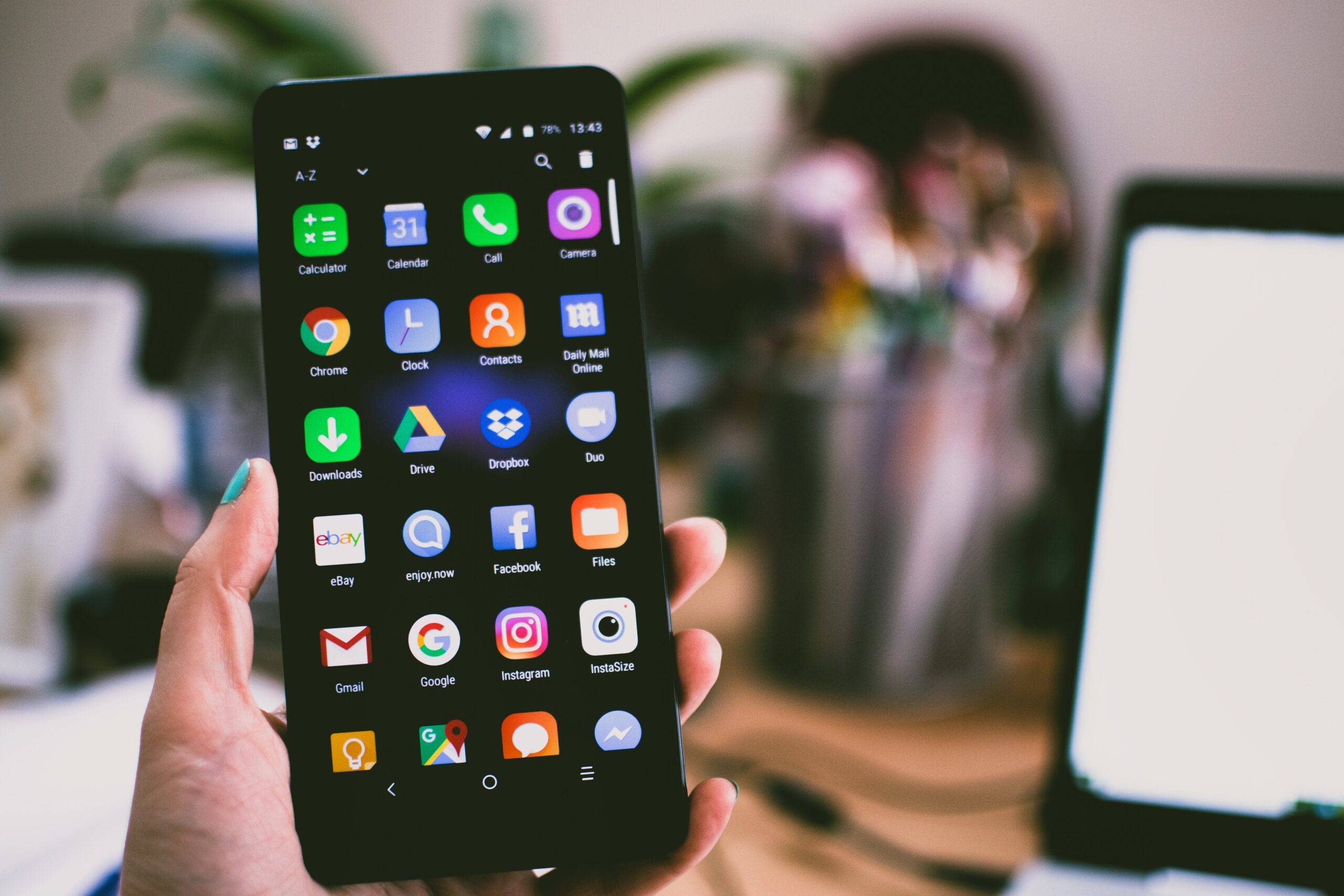In the globalized world we live in today, communicating across borders has become second nature. Whether it’s for business or personal reasons, the ability to easily make international calls is crucial. Every country has its unique telephone codes that assist in identifying the location of a call. One such significant code is “97,” which is actually a prefix to multiple countries in the Middle East, each represented by a slightly extended version of the code.
The country code system is an essential component of the international telephone network, governed by the International Telecommunication Union (ITU). When dialing internationally, you must first enter the exit code of the country you’re calling from, followed by the country code of the destination you’re reaching, and finally the local area code or number. In this article, we’ll explore the intricacies of the “97” country code, the countries associated with it, and its importance in global communication.
Part 1: What is the 97 Country Code?
The number “97” is not assigned to a single country but acts as a prefix for a group of countries, primarily located in the Middle East and surrounding regions. This prefix is the first two digits of the full country codes that range from 970 to 979. Each country within this range uses a variation of the “97” prefix as part of its international dialing code.
Here are the key countries associated with the 97 country code:
- +970: Palestine
- +971: United Arab Emirates (UAE)
- +972: Israel
- +973: Bahrain
- +974: Qatar
- +975: Bhutan
- +976: Mongolia
- +977: Nepal
- +978: (Unassigned)
- +979: Reserved for international premium-rate services (rarely used)
As you can see, the countries that use the “97” prefix are spread across the Middle East and parts of Asia. Each has its own specific code that is necessary when making calls to or from these countries.
Part 2: Why are Country Codes Important?
Country codes serve as a crucial tool in global telecommunications. They act as the initial identifier of a call’s origin or destination. Without country codes, making international calls would be highly complex and error-prone, as they help to direct calls to the right geographical location.
The International Telecommunication Union (ITU) allocates these codes based on regions, which is why you’ll often find that countries located near each other share similar initial digits, as seen with the “97” prefix. This system helps telecommunication providers route calls efficiently across borders.
Country codes also provide a sense of order and structure to the global phone network, ensuring that every country has a unique identification number and that no two countries share the exact same code. This minimizes confusion and ensures seamless communication globally.
Part 3: The Role of 97 Country Code Countries in Global Communication
The countries that utilize the 97 prefix play a significant role in global business, politics, tourism, and culture. Let’s take a closer look at some of the most prominent nations that use the 97-country code:
1. United Arab Emirates (+971)
The UAE is one of the most important business hubs in the Middle East, with cities like Dubai and Abu Dhabi serving as major centers for international trade, finance, and tourism. The +971 country code is frequently used by people communicating with the UAE for business purposes. With Dubai being a global gateway, calls to this region are common for entrepreneurs, companies, and tourists alike.
2. Israel (+972)
Israel is known for its dynamic economy, technological innovation, and cultural significance. The +972 code is often associated with high-tech startups, international trade, and religious tourism. As a key player in the tech world, Israel’s communication infrastructure is vital for coordinating across industries, and its +972 code is a gateway for international collaboration in science, technology, and politics.
3. Qatar (+974)
Qatar, with its +974 country code, has become increasingly prominent on the global stage, especially in areas such as energy, finance, and sports. With the country recently hosting major international events such as the FIFA World Cup 2022, international communication to and from Qatar has surged. Its economic success, driven by natural gas exports, means that businesspeople from around the world frequently contact companies and government bodies within the country.
4. Bahrain (+973)
Another key economic player in the Gulf region, Bahrain, is known for its financial services industry. The +973 country code is often used by businesses and investors seeking to tap into Bahrain’s robust financial sector, which acts as a bridge between the Gulf and the wider world.
5. Palestine (+970)
Palestine’s +970 code has significant geopolitical importance. While Palestine does not have a universally recognized independent statehood, the +970 code is used for telecommunications within Palestinian territories. This area remains a focal point of international diplomacy, humanitarian efforts, and cross-border communication.
6. Nepal (+977)
Known for its breathtaking natural beauty and home to the Himalayas, Nepal, with its +977 code, is a major destination for tourism. As a country deeply rooted in both ancient tradition and modern development, international communication with Nepal is essential for facilitating its growing economy, tourism industry, and cultural exchange.
Part 4: How to Dial Using the 97 Country Code
When making an international call to any of the countries that use the 97 prefix, follow these general steps:
- Dial your country’s exit code: This is a number that lets your phone network know that you’re making an international call. For example, in the United States, the exit code is 011, while in the UK, it’s 00.
- Enter the country code: Next, input the full country code. If you are calling the UAE, for instance, you would dial +971.
- Dial the local number: After entering the country code, you will then enter the local phone number.
For example, if you are calling a phone number in Dubai from the United States, the sequence would be:
011 + 971 + Local Number
It’s important to note that the number format can vary slightly depending on the country and whether you’re dialing a landline or mobile phone.
Part 5: International Calling Considerations and Costs
International calling can be costly, depending on your carrier and the country you’re calling. For instance, calling to countries that fall under the 97 country code, like Qatar or Israel, might incur higher charges due to the distance and the telecommunication agreements in place. Many mobile providers offer international calling plans that include reduced rates for calls to specific regions.
Additionally, in today’s world of digital communication, many people opt for internet-based calling services such as WhatsApp, Skype, or Zoom, which allow for free or low-cost calls over the internet rather than through traditional phone lines. These services are especially useful for avoiding the high costs associated with international calls to countries like those in the 97 region.
Conclusion: The Global Impact of the 97-Country Code
The 97 country code is a powerful gateway for connecting people across borders, especially in regions of the Middle East and Asia. Whether you’re calling for business, personal, or political reasons, the 97 prefix connects individuals with some of the most economically and culturally significant countries in the world.
From the bustling financial hubs of the United Arab Emirates to the tech startups in Israel, the countries that use the 97 prefix play a vital role in the global economy. The telephone network remains an essential infrastructure in facilitating international communication, fostering business relationships, and maintaining personal connections in an increasingly interconnected world.
Understanding the nuances of the 97 country code and the countries it represents helps in navigating the complexities of international communication, enabling smoother, more effective interactions across borders.


